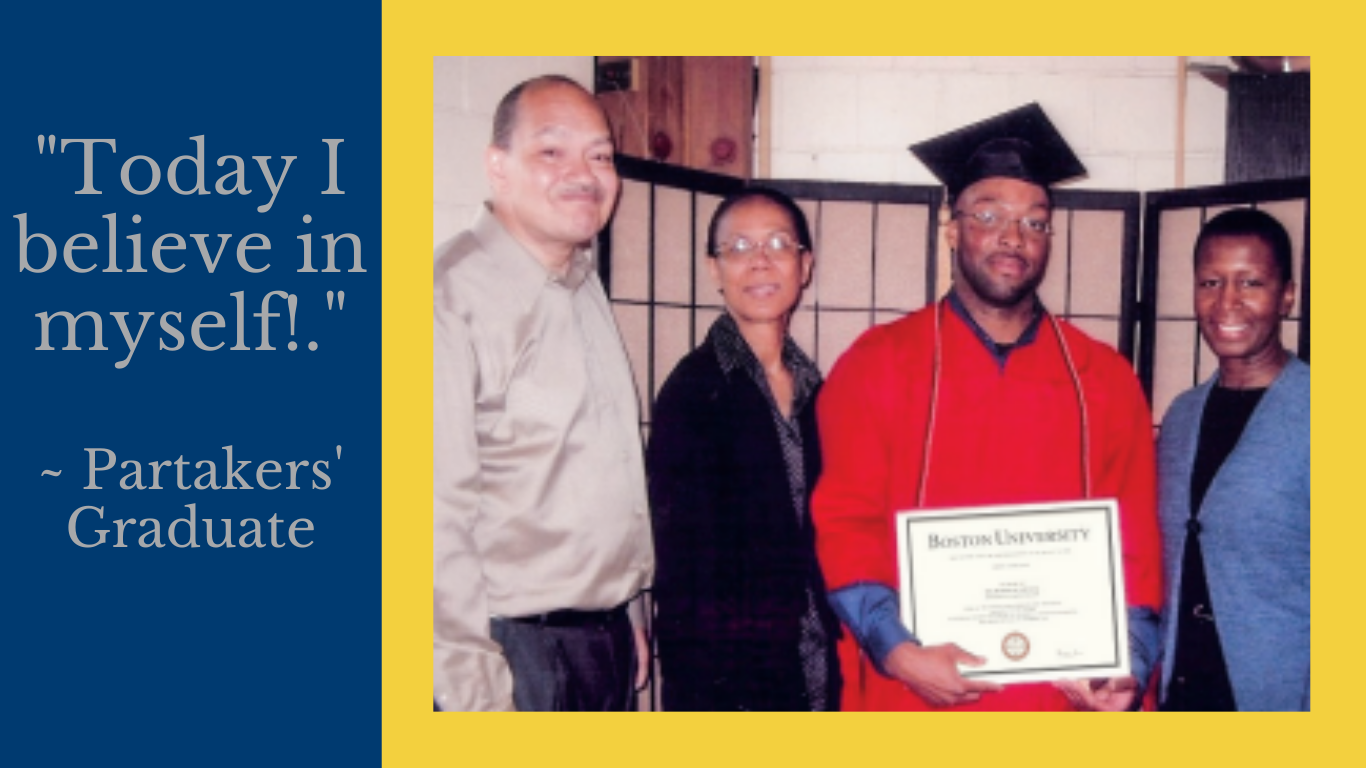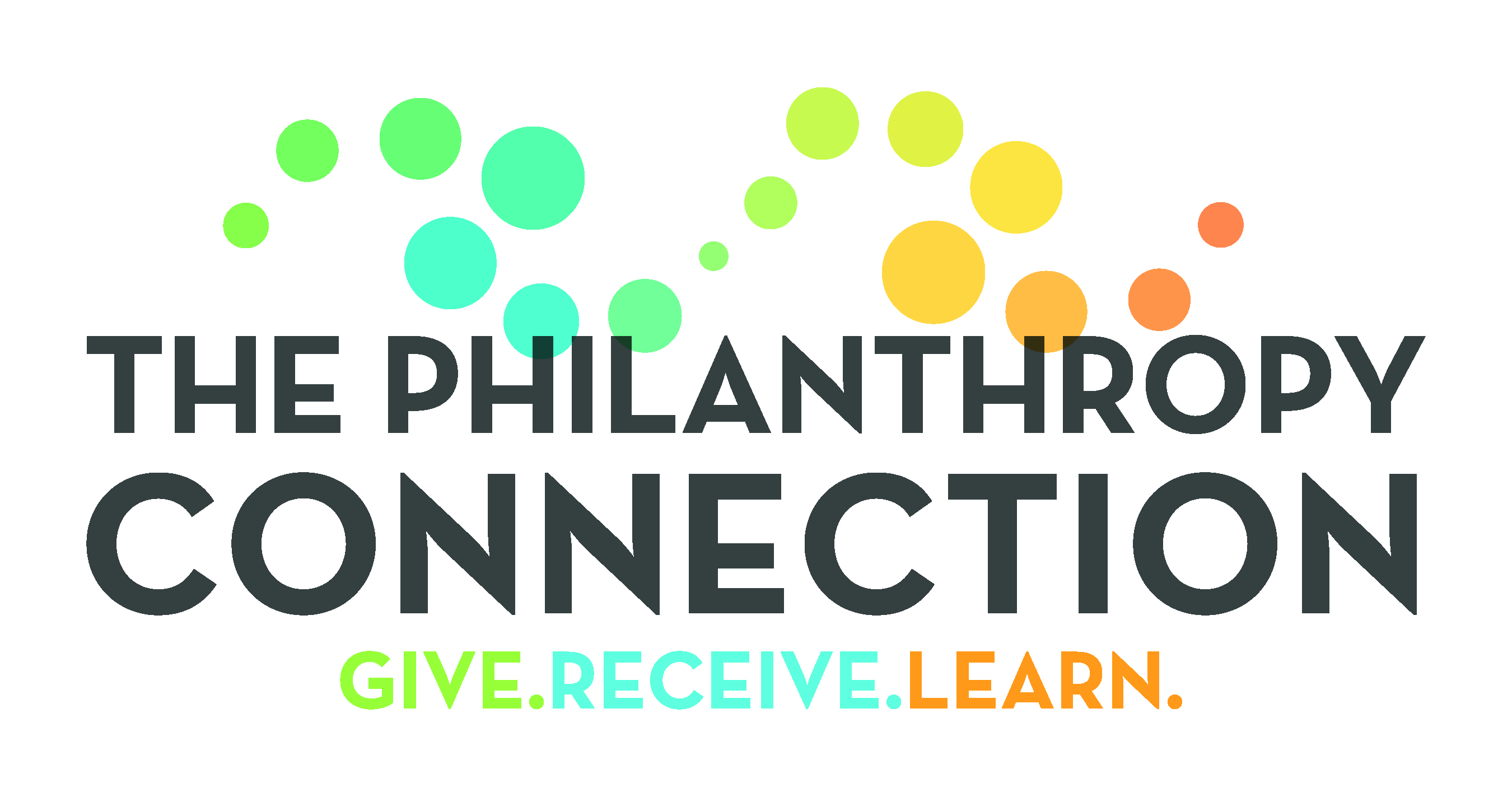The Link
November 2022
Don’t Forget to Renew Your Membership for 2023
Don’t forget to renew your TPC membership this month! If you haven’t already joined us for 2023, now is the time to ensure your membership investment makes a difference for our 2023-24 grantees. And, even better, the deadline to join a grant team has been extended: renew before the end of the year and you are eligible to be a member of a grant team.
Join us for another year to Give.Receive.Learn. and participate in a new season of Grantee Awards, Philanthropy Dialogues, Volunteer Days, and more. Renew now at: https://
Good News = Help Wanted
TPC is pleased to share that our Program Administrator, Amanda, is expecting a baby in April 2023. As such, we are seeking an individual interested in serving as a temporary part-time Program Administrator during her leave. The role is paid hourly with training beginning this coming March. Solo coverage of the job responsibilities would begin (approximately) on April 1 and continue through mid-May. This work, done remotely, comes with a flexible schedule with hours totaling roughly 15 to 20 hours per week. The ideal candidate is detail-oriented, quick-learning, highly professional, and loves TPC! Please review the job description and consider applying or sharing with individuals in your network. To apply, please send a current resume and brief cover letter to bdunn@
TPC’s Tenth Grant Season Is Open!
We look forward to another year learning about the amazing work nonprofits are doing in our communities. Please share TPC’s funding announcement with any organizations that may be interested. Our eligibility criteria is outlined on our website and our Letter of Intent is due December 9th. (Learn more…)
Upcoming Events/Volunteer Opportunities
December 1, 6:00 to 7:30 pm. If you have completed TPC’s 21-Day or 7-Day Racial Equity Challenge, we invite you to put your learning to use by participating virtually in the DEI Committee’s “Fostering Diversity, Equity, and Inclusion” workshop. Participants will have the opportunity to build community with fellow members as they navigate case studies that address issues related to bias, allyship, cultural competence, and more. This workshop is designed to support members in strengthening their ability to navigate conversations involving diversity, equity, and inclusion principles, and to identify ways to foster these principles through TPC’s various volunteer capacities. Please join us!
December 1. Haven’t taken the Challenge yet? We extend an invitation for you to join the more than half of TPC members that have participated in the 7-Day Racial Equity Challenge. We’re offering an updated self-guided version: you choose the date you would like to start, gain access to the materials, and receive an email reminder each day for 7 days. Sign up today for December 1 session!
Get to Know Partakers
Through its re-entry initiative, “Empowerment Program,” Partakers is working to reduce barriers for formerly incarcerated people in Massachusetts.
Do you know anyone who has been incarcerated? Their joys and struggles? This is your opportunity to learn and understand.
Re-entry programs such as the Partakers Empowerment Program have been shown to dramatically reduce recidivism, increase employment opportunities, and stabilize many other external challenges for formerly incarcerated women and men coming home to the community. Mentorship (even from someone who may have never met a formerly incarcerated person) shows the students that someone cares, someone believes in them, and someone is there for them on their journey. In the process, volunteer mentors also experience transformation in their perspective as they forge bonds with the students. Partakers recently celebrated 25 years of this important mission with a party where graduates and mentors shared insights along the way.
How can you get involved?
- The Partakers Empowerment Program is planning a special TPC group opportunity. Starting in February, TPC members can form a sisterly team of 2 to help 1 Partakers student, while they get 12 weeks of weekly skills training. The TPC duo will have the opportunity to provide support via Zoom, phone, or in person to their mentee, and will receive training and support as they learn from and support their mentee. Watch for the informational session to learn if this transformational opportunity is right for you.
- If you have fundraising expertise and want to help Partakers Board with fundraising strategies, please come forward to learn more about this important organization.
If you are interested in either of these opportunities, please contact Partakers liaisons Linda Corinne or Kristy Luk.

Summary of October’s Dialogue
On October 13, days before the Head of the Charles Regatta, Barbara Elfman and Irene Sege, both rowers, led a discussion of issues of equity and philanthropy raised by the moving documentary “A Most Beautiful Thing,” which follows the nation’s first all-Black high school rowing team. This Chicago team was founded by a white donor who, in what he later called a mistake, soon pulled funding because he thought the effort had been a failure.
Arshay Cooper, former captain of the Manley High School rowing team and a leader in diversifying the historically elite, White sport, addressed issues of particular interest to donors that are raised by the film. Ted Benford, Executive Director of Community Rowing, Inc., outlined CRI’s systemic approach to expanding diversity, equity, and inclusion.
Cooper, who in 2021 cofounded the “A Most Beautiful Thing Inclusion Fund,” described the fund’s commitment to providing programs in low-resource communities with the resources and opportunities to participate at all levels of the sport, from recreational to highly competitive. Asked about the challenges of measuring the success of a new effort, he emphasized the need to look beyond statistical outcomes to encompass a holistic understanding of a program’s effect on participants’ lives. Asked about the “white savior” who founded the Chicago high school program, he emphasized the donor’s recruitment of people of color to implement the program.
Benford detailed a far-reaching DEI program that starts with providing swimming lessons and transportation to Boston Public School students and syncing scheduling and transportation to integrate low-resource youth into broader CRI programming rather than funneling them to silos by funding source. A “fueling station” of healthy snacks is free to all rowers to avoid stigmatizing rowers who need financial support. CRI offers a living wage that starts at $50,000 for full-time staff. It overhauled its vendor roster to increase its use of minority-owned businesses.
Just as Cooper stressed the holistic approach to measuring success, Benford described CRI’s commitment to looking beyond metrics to understand its programs’ impact.
We invite you to view a recording of the Dialogue or check out a list of resources for more information.
DEI Spotlight
Diversity | Equity | Inclusion
End-of-year giving, often kicking off with Giving Tuesday campaigns and culminating in year-end appeals, is an expected part of the giving cycle for donors and fundraisers alike. Statistics suggest that nearly 31% of annual giving occurs in December with 12% of all giving happening in the last 3 days of the year (Nonprofit Tech for Good), and about a quarter of nonprofits raise between 26-50% of their annual budget from their year-end ask (Nonprofit Hub).
In the last 2 years, changes to fundraising-as-usual have been forced by COVID-19, the necessity and urgency of applying social and racial justice lens to work that hadn’t previously benefited from these perspectives, and a growing recognition of the role of fundraising and philanthropy in the nonprofit world.
During this time, ideas on how the fundraising might evolve, and whether the as-is approach, including Giving Tuesday and year-end asks, have gained more widespread attention. One such example is Community-Centric Fundraising (CCF), which has its roots in conversations from 2015, became a 501c3 in 2018 and celebrated its 1-year anniversary in August 2021.
CCF’s core principles align with TPC’s in a few ways: for TPC a renewed focus on equity and social justice, a value for the collective and collaborative, time valued as much as money, and donors (in TPC’s case, members) as partners. To find out more about Community-Centric Fundraising visit its website.
Additional resources on this and related topics:
- Blog posts: Why Raising Funds Should Not be the Primary Goal of Fundraising and 9 Principles of Community-Centric Fundraising
- Article with Fundraiser Stories: Community-Centric Fundraising: Confronting Transformative Root-Cause Social Change Through Community-Centric Fundraising
Want to share feedback, ideas or resources? Please email us directly at: Diversity@thephilanthropyconnection.org.

